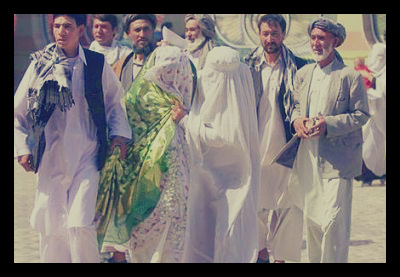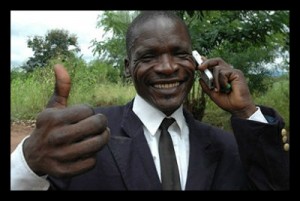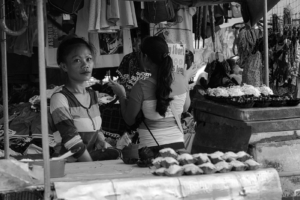
Too often, the positive effects of government aid are either overlooked or overshadowed. However, the Human Development and Poverty Reduction Cabinet Cluster (HDPRCC) of the Philippines has released Voices of Change, a book documenting the triumphs of 18 people over poverty.
One of the stories the book documents is that of Bec, a 56 year-old woman with a visual impairment. Although Bec was born into poverty with a disability, through government assistance and hard work, she earned her bachelor’s degree and has spent her life giving back to the community by preparing braille for students with visual impairments in public schools.
Bec’s story stands as a symbol of the progress that governmental assistance can make in impoverished communities. Not only has Bec pulled herself out of poverty, she continues to pay it forward and contribute to the education and development of children who were born at a disadvantage. Government aid in this case has given rise to a butterfly effect of progress and economic development. Bec’s success has enabled more impoverished students to attain success which will have a ripple effect on their communities, the Philippines, and eventually the global economy.
In a country that is fighting its way into the ranks of developed nations, stories like Bec’s continue to inspire and motivate people to contribute despite their disabilities or economic situation. All they need is a hand up.
– Pete Grapentien
Source Rappler
 One voice may not always be enough for the world to hear, but when a community of more than 900 cities joins together to combat and confront development challenges such as global poverty, being heard is a guarantee. The World Alliance of Cities Against Poverty (WACAP) is a network of more than 900 cities, some of them located in nations such as the United Kingdom, Turkey,
One voice may not always be enough for the world to hear, but when a community of more than 900 cities joins together to combat and confront development challenges such as global poverty, being heard is a guarantee. The World Alliance of Cities Against Poverty (WACAP) is a network of more than 900 cities, some of them located in nations such as the United Kingdom, Turkey, 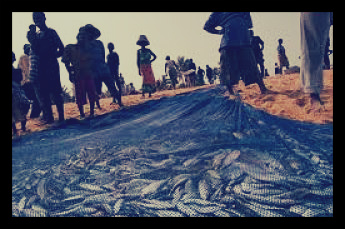
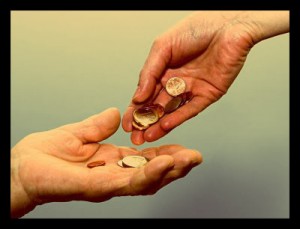
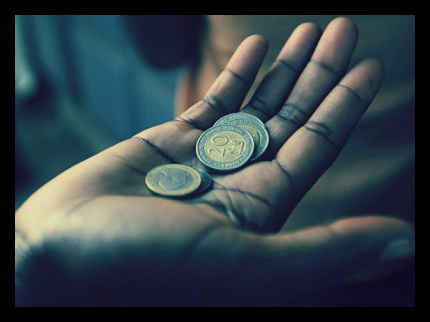
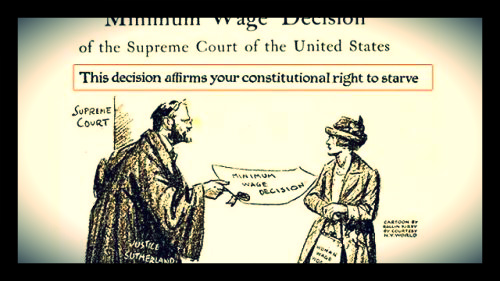 In his State of the Union address, President Obama has called for a national increase in the minimum wage standard of the country. The President has proposed to raise the minimum wage to $9 from its current $7.25. The newly proposed amount would also have safeguards to account for inflation, which the current standard does not.
In his State of the Union address, President Obama has called for a national increase in the minimum wage standard of the country. The President has proposed to raise the minimum wage to $9 from its current $7.25. The newly proposed amount would also have safeguards to account for inflation, which the current standard does not.